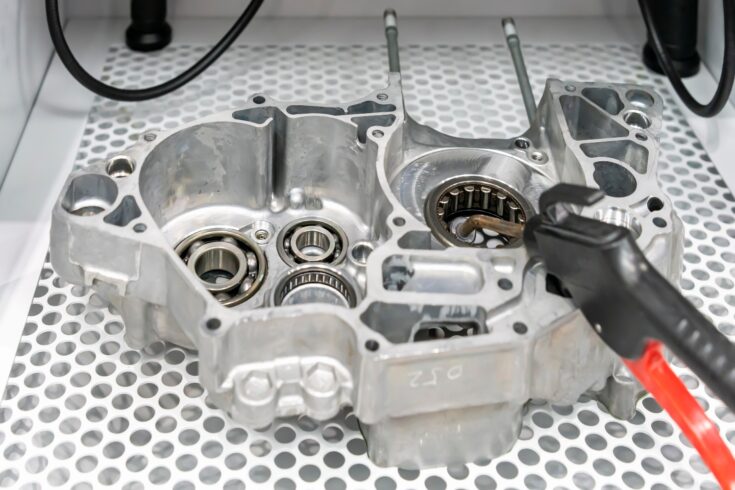Aluminium is one of the most widely recycled materials in the world. It can be melted down and reformed repeatedly without losing quality, leading post-consumer recycled aluminium to be used in a range of goods, such as drinks cans, aerosols and bottle tops.
However, the production of virgin aluminium is a highly energy intensive process and bauxite, the aluminium-rich ore used in primary aluminium production, is on the critical raw materials list.
Jaguar Land Rover plans to reduce its reliance on virgin aluminium by upcycling aluminium waste. It recently completed REALITY (Recycled Aluminium Through Innovative Technology); a three-year research project funded by a £1.3 million Innovate UK grant that looked at how aluminium waste from end-of-life vehicles, window frames and household appliances could be recycled for use in new cars.
Gaëlle Guillaume, Senior Engineer in the sustainability team at Jaguar Land Rover, explained:
We want to use less primary aluminium, so we investigated the potential for using dirty scrap to create an aluminium alloy we could use in our vehicles.
Creating recycled aluminium uses 90% less energy than creating virgin aluminium and could reduce CO2 emissions by up to 26%. Scrap aluminium is usually 20-30% cheaper. And there is a ready supply of sustainable scrap aluminium in the UK, in the form of crushed cars (roughly one million a year) and recycled aluminium from UK construction (roughly 300,000 tonnes).
Gaëlle says Jaguar Land Rover has reduced the need for primary aluminium from 40-50% to 25%. End-of-life scrap will account for 25% and post-industrial scrap 50%.
Last updated: 11 March 2021

